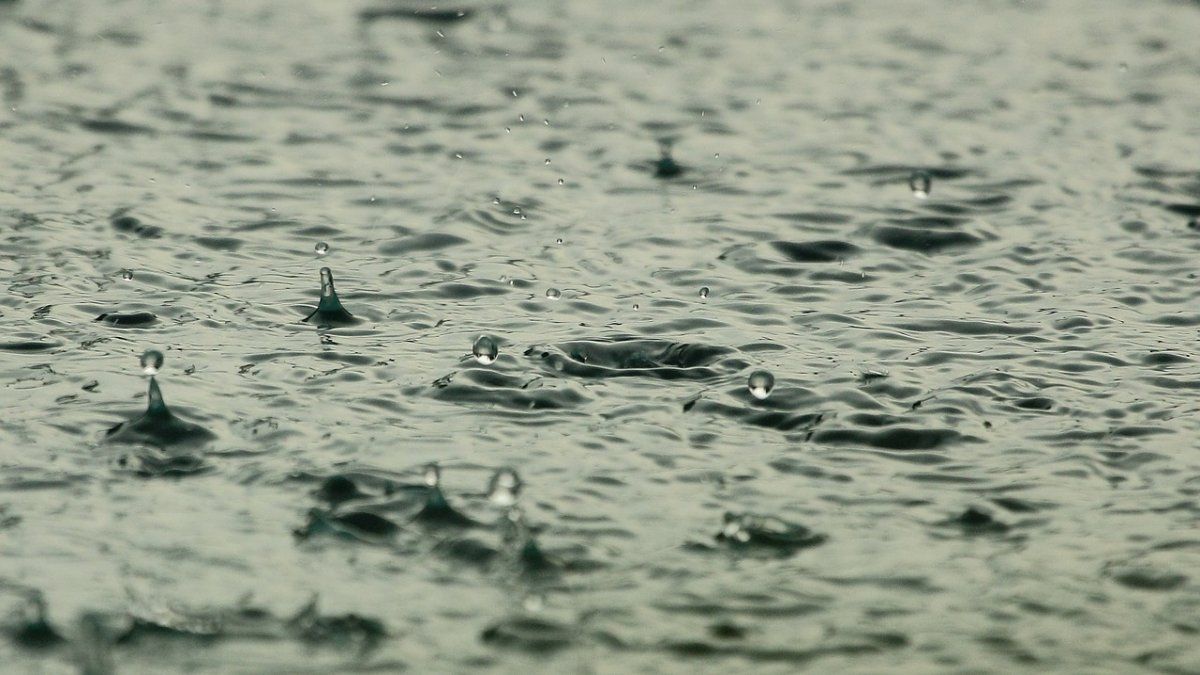“Smell of rain.” It is probably one of the fragrances that generates the most emotions and memories. Childhood, the family home, vacations, the wet earth, fathers, mothers, grandparents… for some reason all this fits within the olfactory memory. Many times we hear that kind of prediction that talks about the “smell of rain” and that, in the countryside, is linked to an imminent storm. Once the water arrives, meanwhile, it gives way to the “smell of wet earth,” also the recipient of multiple praises.
Now, is there a term that describes the “smell of rain”? For the Royal Spanish Academy (RAE), the word that most closely resembles this perception is “petrichor”. It is recorded as an adaptation of the English “petrichor”, in reference to this aroma, as detailed by Sylvia Johnson, the specialist of the Preply language platform. The term was coined by scientists Isabel Joy Bear and Richard Thomas in 1964 in the magazine Nature.
According to Preply’s language expert: “The word comes from the Greek ‘petros’, meaning ‘stone’, and ‘ichor’, meaning ‘the fluid that flows in the veins of the gods’.” For its part, the RAE clarified that, although the word “petricor” has not yet been included in the Dictionary of the Spanish Language, there is already a proposal for its incorporation under study.
Does the “smell of rain” exist?
Rainwater actually doesn’t smell like anything. The smell comes from a combination of elements which achieves this characteristic aroma. Bear and Thomas already anticipated which bacteria, plants and substances participated in the process.
This “smell of rain” It originates from the combination of oils released by plants during periods of drought and bacteria present in the soil, known as geosmin. These oils and bacteria trap tiny air bubbles that contain the surface chemicals. Subsequently, these bubbles bounce into the air, explode and release aerosols that carry with them the essences of geosmin and “petrichor”.
For their part, researchers at the Massachusetts Institute of Technology stated in 2015 that the fragrance associated with rain arises through a mechanism that begins when a raindrop hits a porous surface and traps small air bubbles at the point of contact. Scientists discovered, using high-speed cameras, that, like in a glass of champagne, bubbles shoot upward and eventually burst into aerosols.
These same researchers suspect that in natural environments, aerosols can transport aromatic elements, along with bacteria and viruses stored in the soil. These aerosols can be released during light or moderate rainfall and then spread by wind gusts.
Why do we like the “smell of rain”?
This “petrichor” that the RAE has not yet included in its official pages has a deep emotional meaning. According to experts, smells activate a neural connection in the brain as quickly as, for example, emotions do. Smell is directly connected to the areas of the brain responsible for the development and management of emotional states. Thus, it is possible that the recognition of certain perfumes activates areas of the brain with ancient structures.
From anthropology they assure that the furor over “smell of rain” It is due to an ancestral and evolutionary issue, when this anticipated the end of the drought, since with the rainfall the chances of survival increased, hand in hand with the crops.
Source: Ambito
I am an author and journalist who has worked in the entertainment industry for over a decade. I currently work as a news editor at a major news website, and my focus is on covering the latest trends in entertainment. I also write occasional pieces for other outlets, and have authored two books about the entertainment industry.




